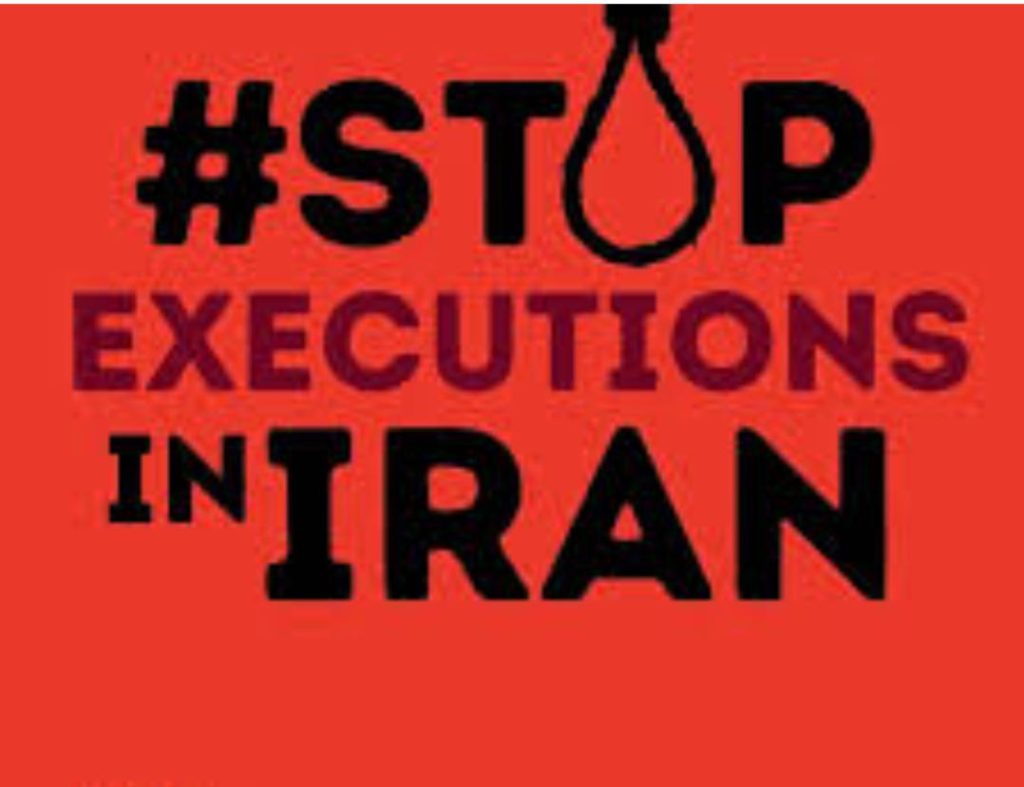Iran has executed Mohammad-Amin Mahdavi Shayesteh on charges of “intelligence cooperation with a foreign government,” marking the second hanging in two days. The announcement was made by Iran’s judiciary on Monday, underscoring a recent intensification in the country’s handling of security-related cases.
According to the judiciary’s statement, Shayesteh was convicted of working with foreign intelligence services and providing sensitive information that allegedly endangered national security. The statement did not specify which foreign country he was accused of cooperating with.
This comes just a day after another individual was executed on similar charges, signaling what appears to be a new wave of harsh crackdowns on dissent and espionage. The judiciary added that it is now accelerating the legal process in such cases, meaning future executions could come even more swiftly after sentencing.
Rights groups and international observers have expressed growing concern over Iran’s use of the death penalty, especially in political or security-related trials that often take place behind closed doors. Amnesty International and other human rights organizations have long criticized Iran’s judicial system for lacking transparency and fairness, particularly in cases involving national security charges.
In recent months, Iranian authorities have ramped up arrests and executions linked to alleged spying, protests, and opposition movements, blaming what they call “foreign plots” for unrest within the country. Analysts say this new round of executions is part of a broader strategy by the government to tighten control and send a message of zero tolerance.
While Iranian officials insist these actions are necessary to protect national interests, critics argue they are a violation of basic human rights and an attempt to silence political dissent.
International reactions are expected to follow, as Iran’s use of capital punishment continues to strain its diplomatic ties with many Western nations.
